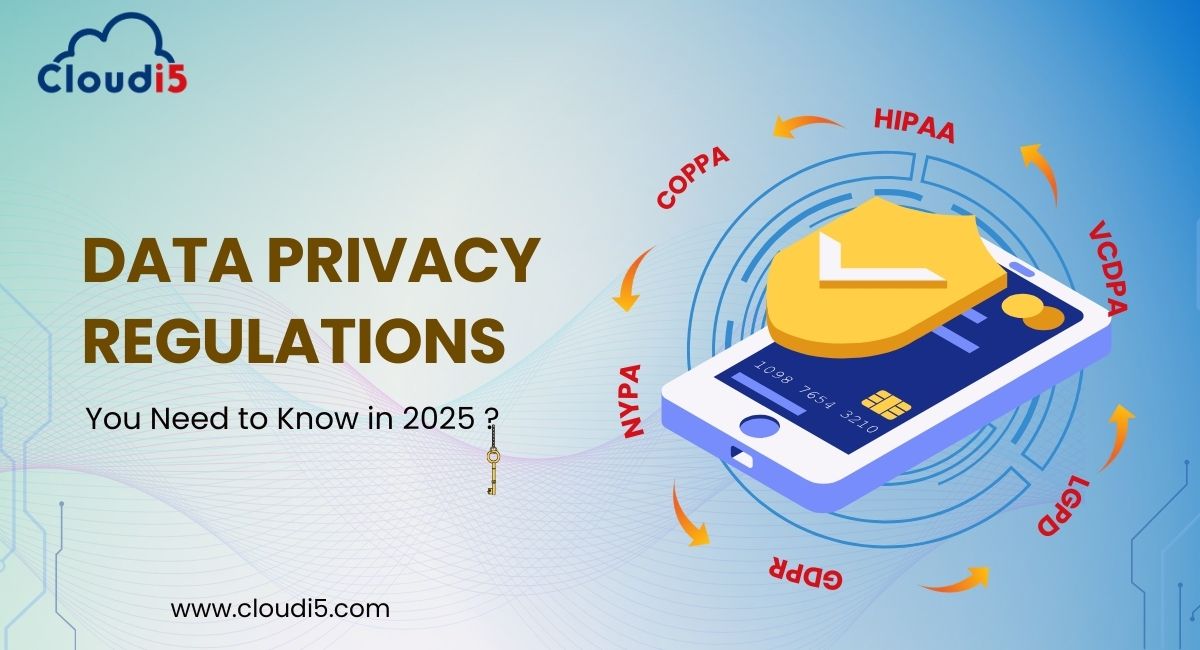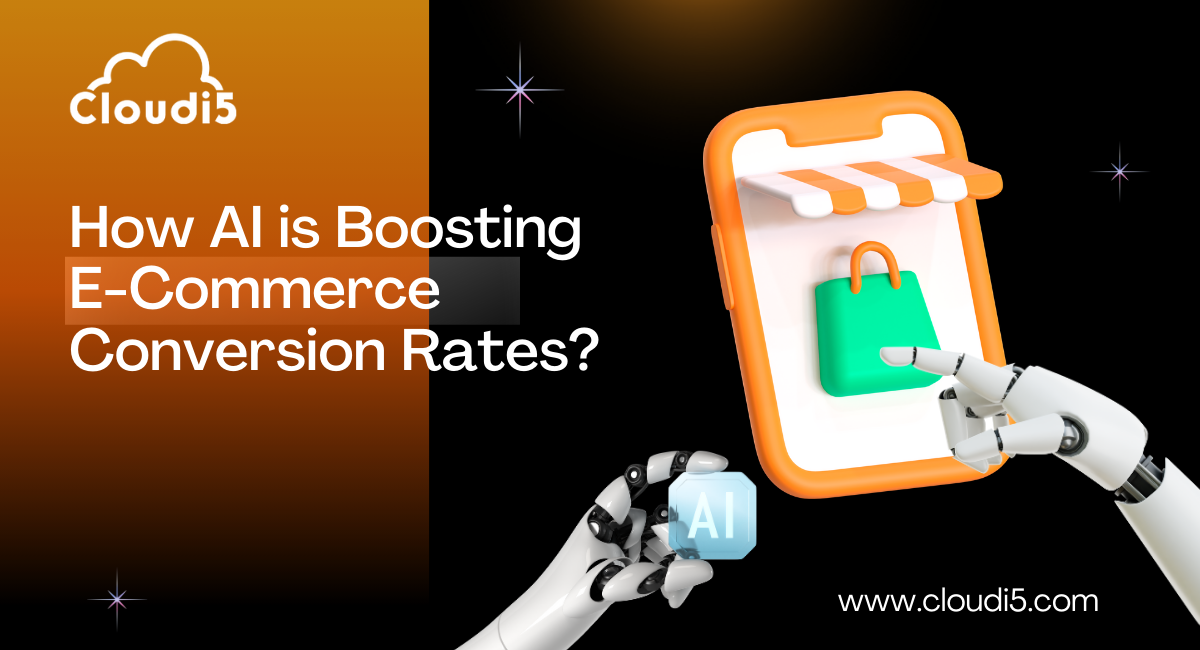
Top Data Privacy Regulations You Need To Know In 2025 ?
Introduction to Data Privacy
Data privacy refers to the proper handling, processing, and storage of personal information. As technology evolves, vast amounts of data are generated and shared every day. Protecting this information is crucial to ensure individuals’ rights and maintain their trust.
Importance of Compliance
Compliance with top data privacy regulations is essential for several reasons:
- Legal Protection: Adhering to regulations like the GDPR and CCPA helps organizations avoid legal penalties and lawsuits.
- Trust and Reputation: When businesses prioritize data privacy, they build trust with customers, enhancing their reputation in the marketplace.
- Risk Management: Compliance helps identify and mitigate risks related to data breaches, which can be costly and damaging.
- Competitive Advantage: Organizations that demonstrate strong data privacy practices can differentiate themselves from competitors, attracting privacy-conscious consumers.
Global Data Privacy Landscape
In our connected world, protecting personal information is crucial. Here’s a simple overview of some top data privacy regulations:
- General Data Protection Regulation (GDPR): This European law gives people control over their personal data and requires businesses to follow strict rules on how they handle it.
- California Consumer Privacy Act (CCPA): This law allows California residents to know what personal information companies collect about them and gives them the option to opt-out of data sales.
- Virginia Consumer Data Protection Act (VCDPA): Similar to the CCPA, this law provides rights for Virginians regarding their personal data and sets rules for businesses.
- Brazil’s General Data Protection Law (LGPD): Inspired by the GDPR, this law regulates how personal data is used in Brazil, ensuring consumer rights are protected.
These top data privacy regulations highlight the importance of safeguarding personal information and help businesses build trust with their customers. Understanding these laws is essential for compliance in today’s data-driven world.
Emerging Regulations to Watch
As data privacy continues to evolve, several notable upcoming laws are gaining attention. Here’s a simple overview of emerging regulations that could impact the landscape of top data privacy regulations:
- EU Digital Services Act: This law aims to create a safer digital space by holding online platforms accountable for the content they host. It includes stricter rules on user data protection and transparency.
- EU Digital Markets Act: Targeting large tech companies, this regulation seeks to ensure fair competition and prevent anti-competitive practices. It will also require these companies to be more transparent about how they handle user data.
- State-Level Privacy Laws in the U.S.: Several states, including Colorado and Washington, are considering or have enacted their own privacy laws. These laws often mirror elements of the CCPA and GDPR, focusing on consumer rights and data protection.
- Global Initiatives: Countries like India and Japan are developing their own data privacy regulations to enhance protections for personal information, influenced by existing top data privacy regulations.
Best Practices for Compliance
Ensuring compliance with top data privacy regulations is crucial for any organization. Here are two key best practices to consider:
Developing a Privacy Policy
A clear and concise privacy policy is essential. It should outline how your organization collects, uses, and protects personal data. Make sure to include:
- What Data You Collect: Specify the types of personal information you gather.
- How You Use It: Explain the purposes for which you use the data.
- User Rights: Inform users of their rights regarding their personal information, such as access and deletion.
- Contact Information: Provide a way for individuals to reach out with questions or concerns.
Having a well-structured privacy policy helps build trust with your customers and demonstrates your commitment to compliance with top data privacy regulations.
Employee Training and Awareness
Educating your employees about data privacy is vital. Conduct regular training sessions to cover:
- Data Protection Principles: Teach the importance of safeguarding personal information.
- Regulatory Requirements: Ensure employees understand relevant laws, such as GDPR and CCPA.
- Recognizing Risks: Train staff to identify potential data breaches or privacy risks.
Consequences of Non-Compliance
Failing to comply with top data privacy regulations can have serious consequences for businesses. Here’s a straightforward look at the financial and legal implications:
Financial Implications
- Fines and Penalties: Violating top data privacy regulations, like the GDPR, can result in hefty fines, sometimes reaching millions of dollars. Even smaller infractions can lead to significant costs.
- Loss of Revenue: Non-compliance can damage your reputation, leading to a loss of customer trust and potential revenue decline as customers choose competitors who prioritize data privacy.
Legal Implications
- Lawsuits: Individuals or groups may sue for damages if their data rights are violated. Legal battles can be costly and time-consuming.
- Injunctions: Courts may impose restrictions on your business operations until compliance with top data privacy regulations is achieved, disrupting your services and impacting profitability.
Future of Data Privacy
The world of data privacy is changing rapidly. Here are some key trends and predictions that everyone should know about:
Evolving Trends
- More Regulations: Expect more countries and states to introduce their own data privacy laws, following the lead of top data privacy regulations like the GDPR and CCPA. This means businesses will need to keep track of various rules.
- Consumer Awareness: People are becoming more aware of their data rights. As consumers demand more transparency and control over their personal information, companies will need to respond.
- Tech Innovations: New technologies, like artificial intelligence and blockchain, will change how data is collected and protected, offering new ways to enhance privacy.
Predictions
- Stricter Enforcement: Regulatory bodies will likely increase their efforts to enforce existing laws, leading to more audits and penalties for companies that don’t comply with top data privacy regulations.
- Privacy-Centric Businesses: Companies will start putting privacy at the forefront of their strategies, focusing on building trust with consumers by being transparent about data use.
- Global Cooperation: There may be efforts to create international agreements on data privacy standards, aiming for more consistency across different regions.
Conclusion
As data privacy laws keep changing, it's important for businesses to stay informed and compliant with top data privacy regulations. With more people aware of their rights, companies must focus on transparency and protection of personal information. Cloudi5 Technologies is here to help organizations navigate these changes with solutions that ensure data safety and compliance, helping build trust with customers in a secure digital world.
Trusted By












Leave Comments